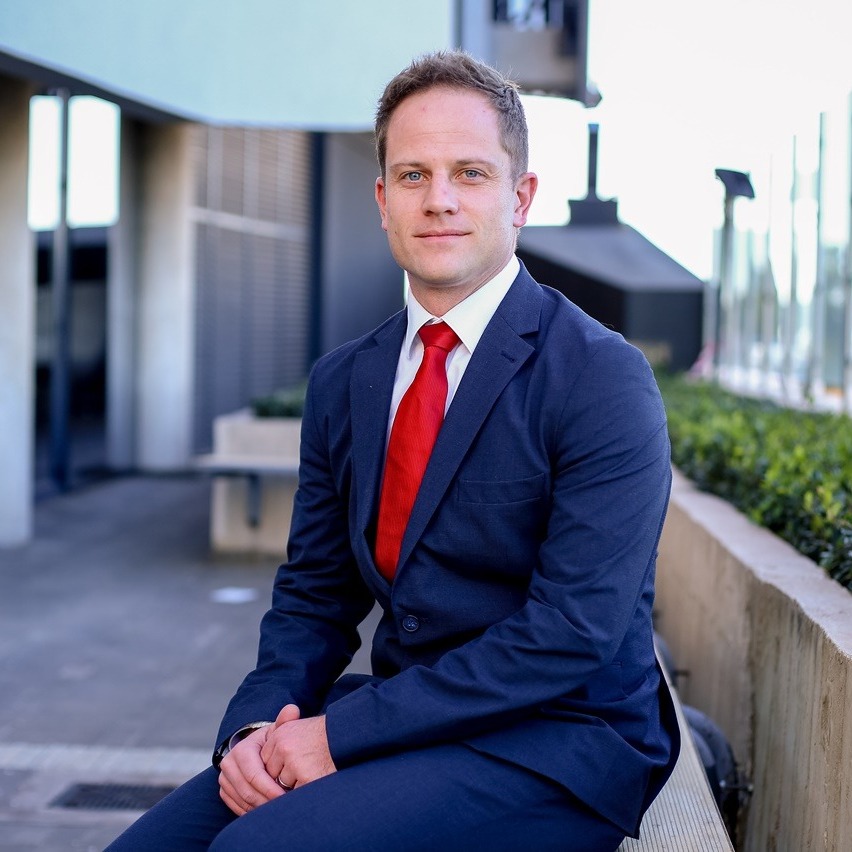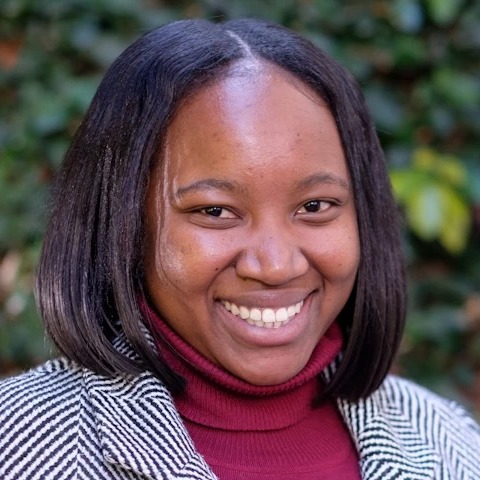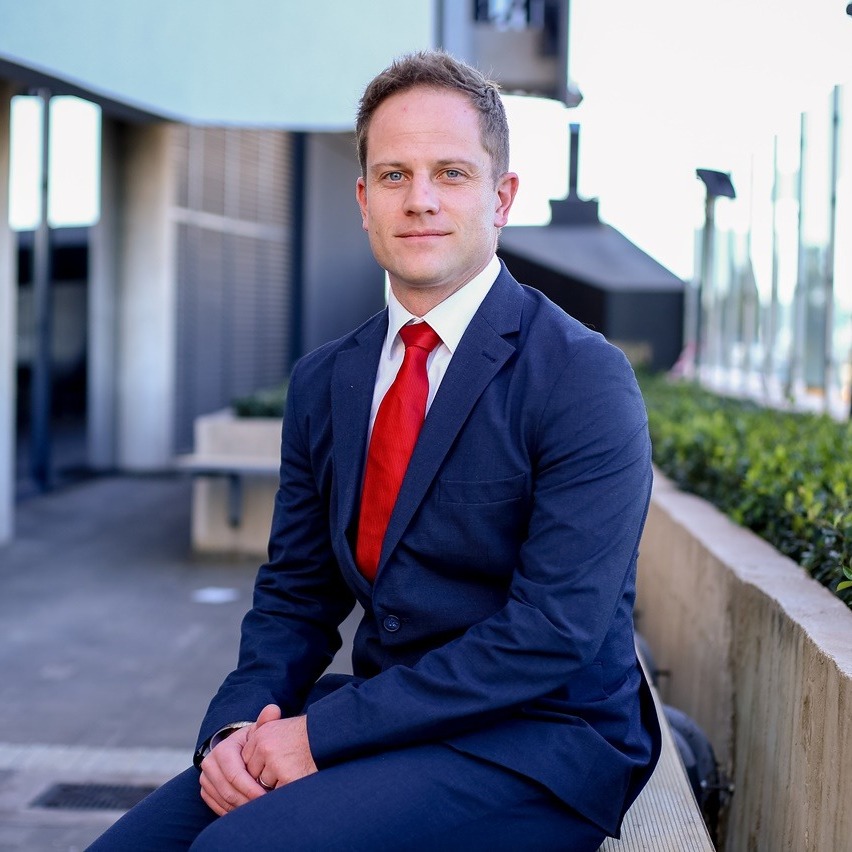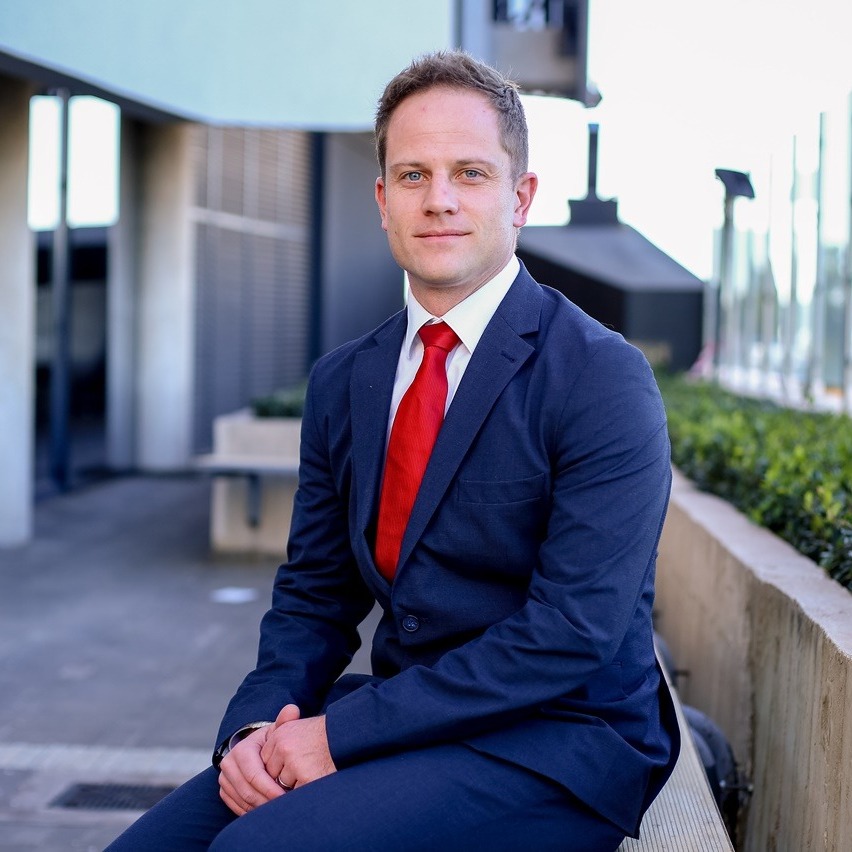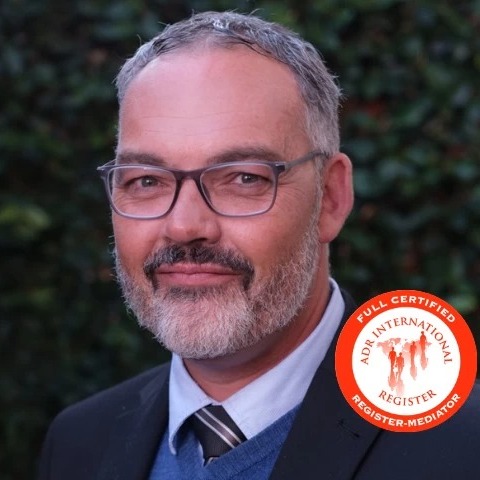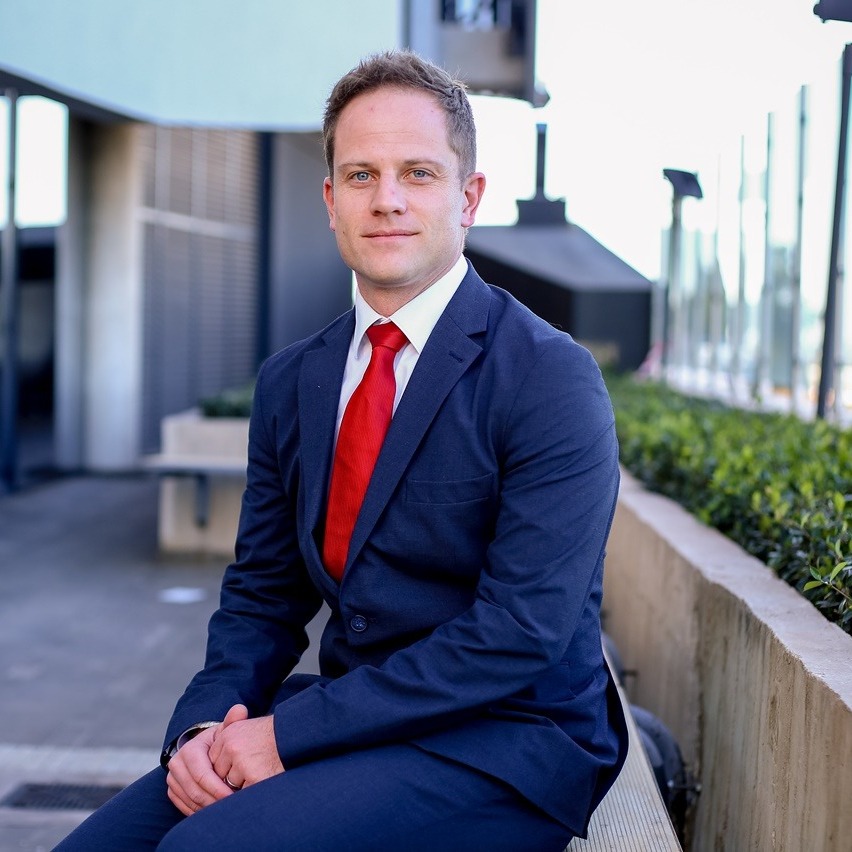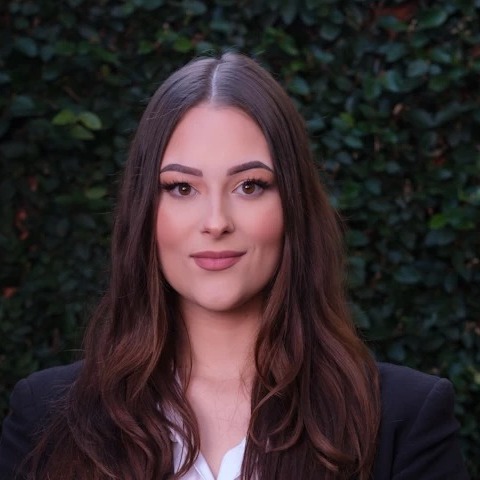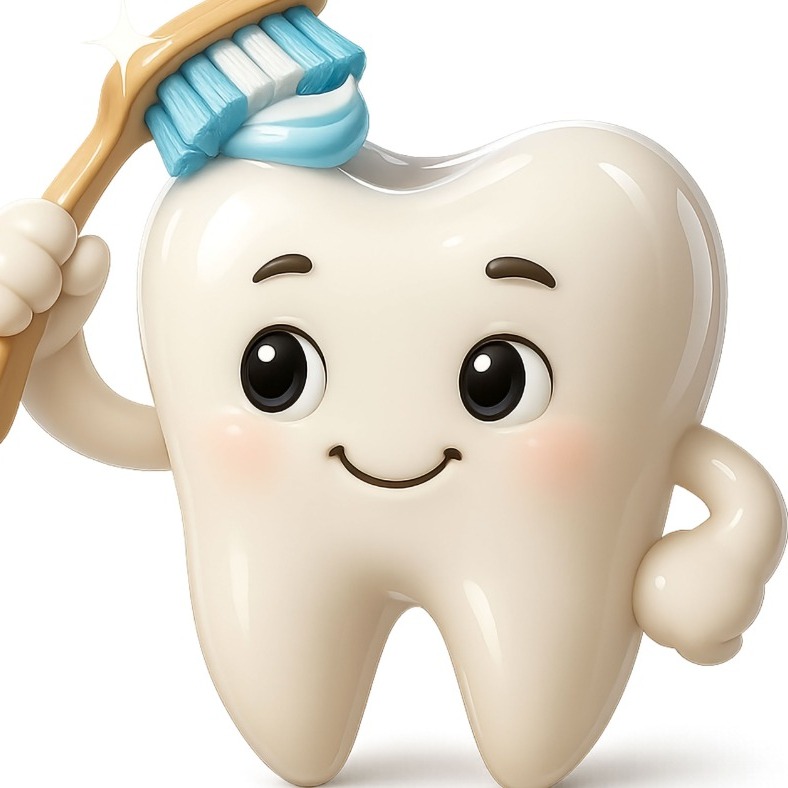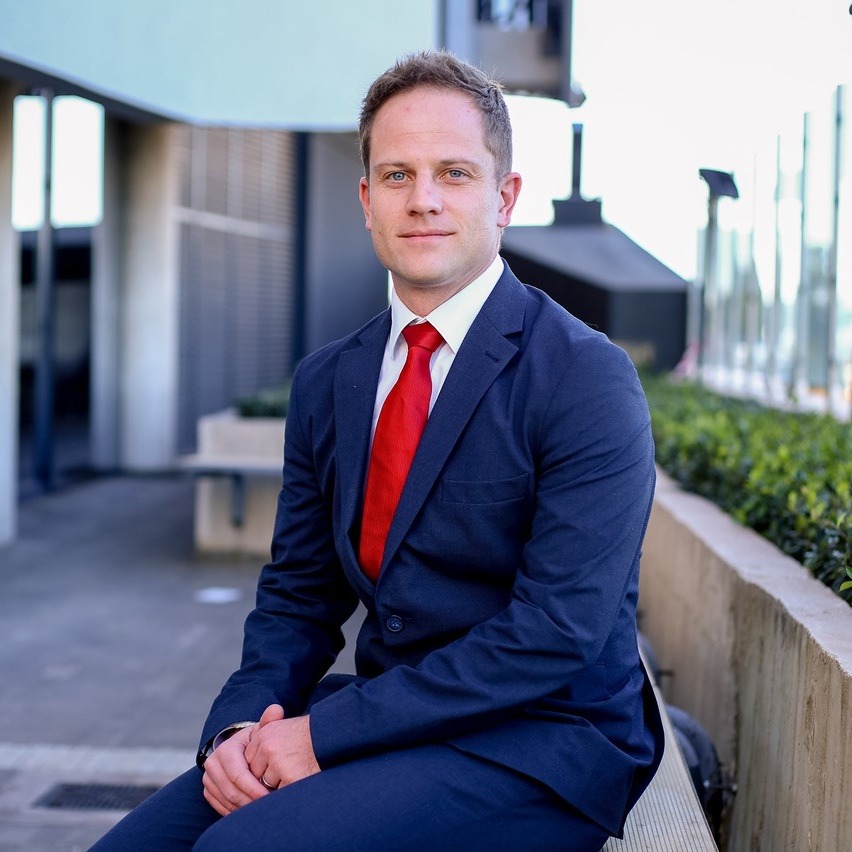The OPTISMILE Podcast 80 - How to Avoid Wasting Money at the Dentist - 10 Smart Questions to Ask in 2025
Description
In this episode, Dr Clifford Yudelman from OptiSmile joins Eon Engelbrecht from eRadio-SA to discuss the 10 smartest questions patients should ask their dentist in 2025.
Drawing on past episodes covering digital dentistry, whitening scams, clear aligner confusion, and how gut health and menopause affect the mouth, this episode arms listeners with practical tools to save money and protect their smiles.
10 Smart Questions with Summary Answers
1. What makes non-dental teeth whitening risky and why can salon whitening actually cost more?
Non-dental whitening often uses unregulated gels, no gum protection, and no proper exam. Risks include burns, uneven results, severe sensitivity, and mismatched crowns/veneers. In the long run, fixing these issues costs far more than safe, supervised whitening.
▶️ Podcast 33 – Risks of Non-Dental Teeth Whitening (OptiSmile)
2. How do Invisalign clear aligners differ from cheaper copycats, and why might bargain orthodontics end up costing more?
Invisalign integrates 3D scanning, digital planning, and quality materials. Copycats lack diagnostics and oversight, leading to bite problems, relapse, and expensive corrections. Cheap aligners often become the most costly choice.
▶️ Podcast 26 – Understanding Clear Aligners (OptiSmile)
▶️ Podcast 27 – Invisalign vs Other Clear Aligners (OptiSmile)
3. When should you choose veneers, and what are affordable alternatives for a smile makeover?
Veneers reshape teeth but require drilling. Affordable, minimally invasive alternatives include injection moulded composite bonding or veneers, which add to teeth rather than removing structure. These can look natural, last well, and save money compared to aggressive treatments like “Turkey teeth.”
▶️ Podcast 22 – Advantages of Injection Moulded Composite Veneers (OptiSmile)
4. What criteria help you choose the right dentist, and how can technology and qualifications save money long term?
Check HPCSA registration, ongoing education, and professional memberships. Modern tech like CBCT, intraoral scanners, and AI-assisted radiology improves diagnostics and reduces overtreatment. Transparency with photos, scans, and written treatment plans saves money over time.
▶️ Podcast 7 – Choosing Your Dental Care Provider Wisely (OptiSmile)
5. Why do digital consultations and 3D scans reduce unnecessary treatment and costs?
Digital scans provide accurate, interactive planning and co-diagnosis. Patients see their mouths in 3D and preview smiles before treatment. This transparency prevents misunderstandings, reduces overtreatment, and supports predictable, cost-effective care.
▶️ Podcast 55 – Digital Dentistry – AI, 3D Printing & The Future of Your Smile (OptiSmile)
6. What should you know before choosing dental implants, and why is quality more cost-effective than the cheapest option?
Implants should always start with a CBCT scan. Quality implants last decades, while cheap ones fail more often, leading to costly revisions and bone grafts. Done properly, implants preserve bone and prevent unnecessary drilling of healthy teeth.
▶️ Dental Implants Explained (OptiSmile)
7. How does good oral hygiene slash dental bills over a lifetime?
Prevention saves money: regular cleanings, selective sealants, and small fillings only when needed. Many early cavities can be remineralised. Preventing decay avoids the “restoration cycle” of repeated fillings, crowns, and implants, ultimately saving thousands.
▶️ Podcast 6 – The Economics of Preventative Dentistry (OptiSmile)
8. Why is relying solely on medical aid or choosing the cheapest dentist risky, and how does dental tourism fit in?
Medical aid often falls short, with long waits or limited cover. Cheap local or overseas dentistry can mean poor materials, rushed care, and no follow-up. Many patients end up spending more on corrective work. South Africa, with advanced technology and expert dentists, is a safer, cost-effective option for dental tourism.
▶️ Podcast 48 – Dangers and Realities of Dental Tourism (OptiSmile)
▶️ Podcast 49 – Why South Africa is a Top Choice for Dental Tourism (OptiSmile)
9. Can combining cosmetic treatments (aligners, whitening, bonding) save time and money?
Yes. The ABC sequence—Aligners, Bleaching, Composite bonding—delivers better results with fewer visits. It avoids drilling, reduces biological cost, and is more affordable than veneers or crowns.
▶️ Podcast 45 – Cosmetic Dentistry for Yachties (OptiSmile)
10. What is the smartest way to handle a toothache or broken tooth without rushing into costly treatment?
Proper diagnosis first. Some toothaches resolve with bite adjustment or desensitiser rather than root canals or extractions. Tests like x-rays and vitality checks help avoid overtreatment. Snap decisions often lead to long-term expense—always pause for accurate diagnosis.
▶️ Podcast 12 – Understanding Toothaches (OptiSmile)
Outro
Asking the right questions helps you avoid unnecessary costs and poor outcomes. Whether it’s veneers, aligners, implants, or pain management, it’s not just about the price—it’s about quality, care, and long-term results.
If you’d like to revisit the episodes behind today’s smart questions, head to OptiSmile Podcasts, Spotify, YouTube, or Apple Podcasts. Share this episode with someone choosing a new dentist—you could save them thousands.
Contact the Best dentist in Cape Town
Book your next Dental Checkup with OptiSmile
Disclaimer: The content provided in this podcast, "Save Your Money Save Your Teeth" on Medical Mondays, is for informational and educational purposes only. It is not intended to serve as dental or medical advice. The insights and opinions expressed by Dr. Clifford Yudelman and any guests are designed to foster a better understanding of dental health, preventive measures, and general well-being, but should not be interpreted as professional dental or medical recommendations. Dr. Clifford Yudelman does not diagnose, treat, or offer prevention strategies for any health conditions directly through this podcast. This platform is not a substitute for the personalized care and advice provided by a licensed dental or healthcare professional. We strongly encourage our listeners to consult with their own dental care providers to address individual dental health needs and concerns. The information shared here aims to empower listeners with knowledge about dental health but must not be used as a basis for making health-related decisions without professional guidance. Your dental care provider is the best source of advice about your dental and overall health. Please always seek the advice of your dentist or other qualified health professionals regarding any questions or concerns about your dental health.


